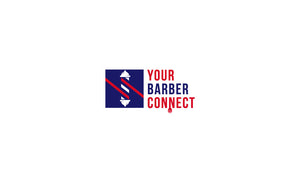Beyond the Court: The Heroic Legacy of Arlo Washington in 'The Barber of Little Rock
In the realm of basketball greatness, NBA Hall of Famer Dwyane Wade acknowledges the hero status bestowed upon athletes like himself. However, he redirects the spotlight to a different kind of hero, one found not on the courts but in the community barbershop – Arlo Washington. The Oscar-shortlisted documentary, "The Barber of Little Rock," delves into the life of Washington, a successful barber and founder of a barber school in Arkansas.
Washington's story extends beyond the confines of his barber chair. From a converted shipping container in his school's parking lot, he runs People Trust, a nonprofit loan center addressing racial economic disparities. Wade, serving as an executive producer, emphasizes the impact Washington has on lives and communities, underscoring the need for such heroes.
The documentary sheds light on the challenges faced by many low-income Americans, echoing the historical roots of the racial wealth gap dating back to slavery. The film confronts the aftermath of missed opportunities, such as Special Field Order No. 15, highlighting the potential for a different trajectory in race relations post-Civil War.
People Trust, Washington's nonprofit initiative, operates as a Community Development Financial Institution, aiming to deliver responsible and affordable lending to disadvantaged communities. The film captures Washington's organic journey, starting as a barber providing loans to later establishing a thriving CDFI nonprofit loan fund.
The narrative emphasizes the importance of capital as the lifeblood of a community, addressing the economic segregation that has persisted for generations. Personal stories featured in the documentary reflect the tangible impact of economic struggles, with individuals expressing the desire for ownership to create opportunities for future generations.
"The Barber of Little Rock" becomes a catalyst for understanding the racial wealth gap, prompting revelations among viewers at various film festivals. Co-director John Hoffman shares instances of audience members, previously unaware, gaining insight into the profound challenges faced by marginalized communities.
Dwyane Wade's production company, 59th and Prairie, plays a role in bringing this eye-opening documentary to the public. Wade draws parallels between Washington's efforts in Little Rock and his own experiences in a small town, emphasizing the importance of trust and community connection. Wade considers himself fortunate to contribute to highlighting Washington's impactful work, hoping to amplify its significance even further.
